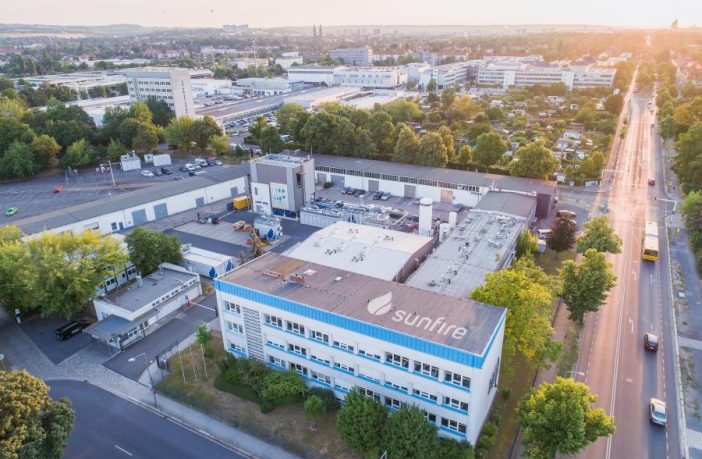- The European Investment Bank (EIB) is teaming up with private investors to support the development of innovative electrolysis technologies needed for Europe`s green transition.
- It has agreed to support Germany-based Sunfire`s solid oxide electrolysers toward first commercial production with up to €100 million in venture debt, of which €70 million has been signed.
The EIB`s investment is supported by the InvestEU programme, which aims to trigger more than €372 billion in additional investment across Europe until 2027, including in new technologies. In addition, Sunfire secured additional €215million in a Series E equity financing round.
The agreement will support Sunfire develop electrolysers to produce green hydrogen more energy- and cost-effectively for industry processes, replacing the use of fossil fuels in high energy consuming sectors like chemicals and steel. Likely clients would include fertilizer/ammonia or methanol producers, energy majors and steel mills that are seeking to decarbonize their production.
Sunfire, founded in 2010 and based in Dresden, offers a combination of two complementary and differentiated technology platforms. Sunfire`s pressurized alkaline electrolysers are already installed on an industrial scale today. It`s innovative high-temperature solid oxide electrolysers (SOEC) will be a sought-after option in many applications in the future, because of their higher efficiency.
In the further development of solid oxide electrolysers, Sunfire will seek improvements in stack and module design, implementing new materials and optimizing design, as well as automation and new production techniques, to simplify the production-process.
The EIB loan comes in the form of equity-type venture debt, with a guarantee under the InvestEU’s Green Transition window that supports the achievement of the EU’s policy objective of decarbonizing the industry. The EIB venture debt loan is a form of finance that meets the needs of fast-growing, innovative companies. These loans complement venture capital financing, with longer tenors than traditional venture debt, and without further diluting the founder`s shares.
Author: Bryan Groenendaal















